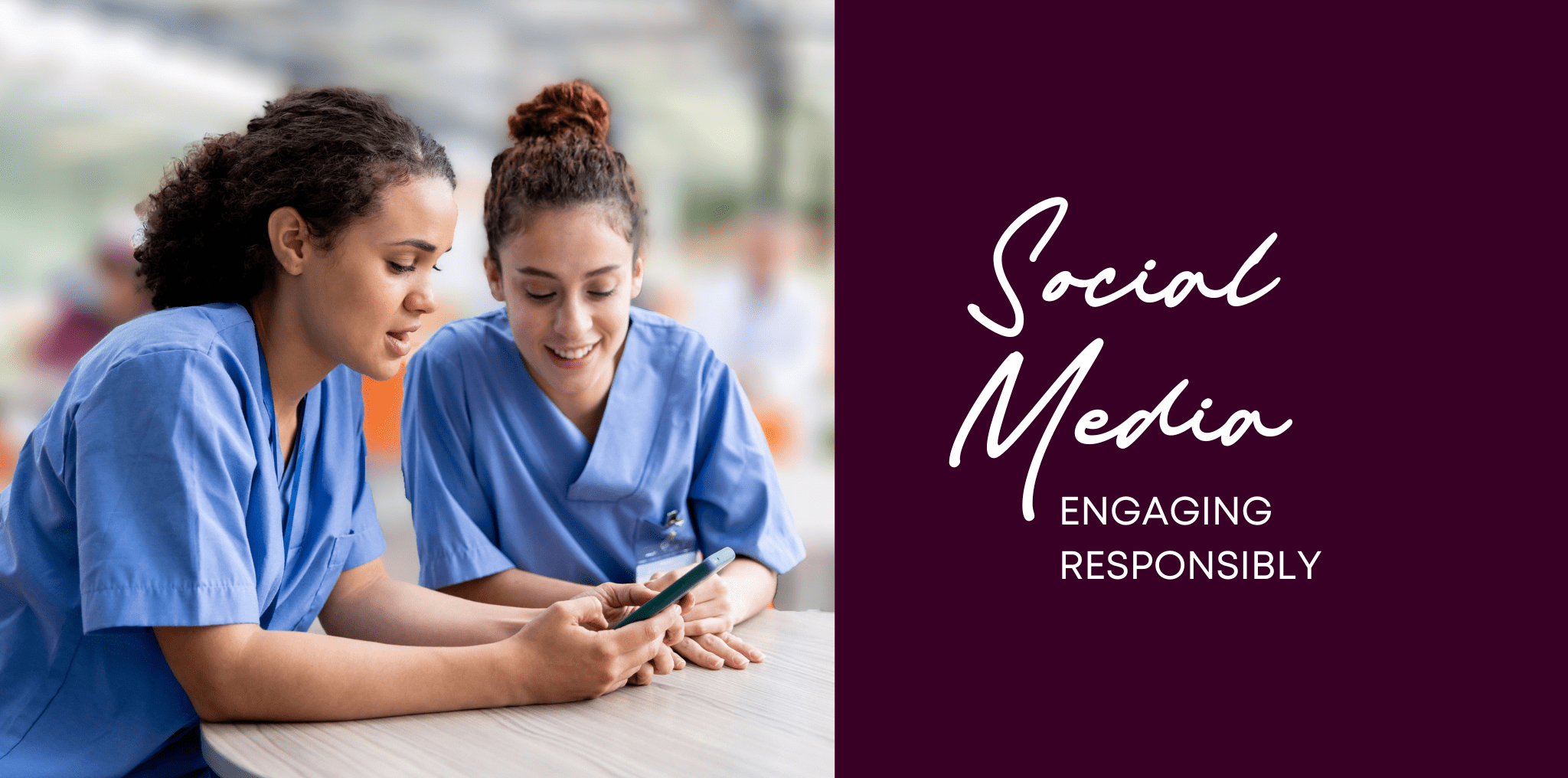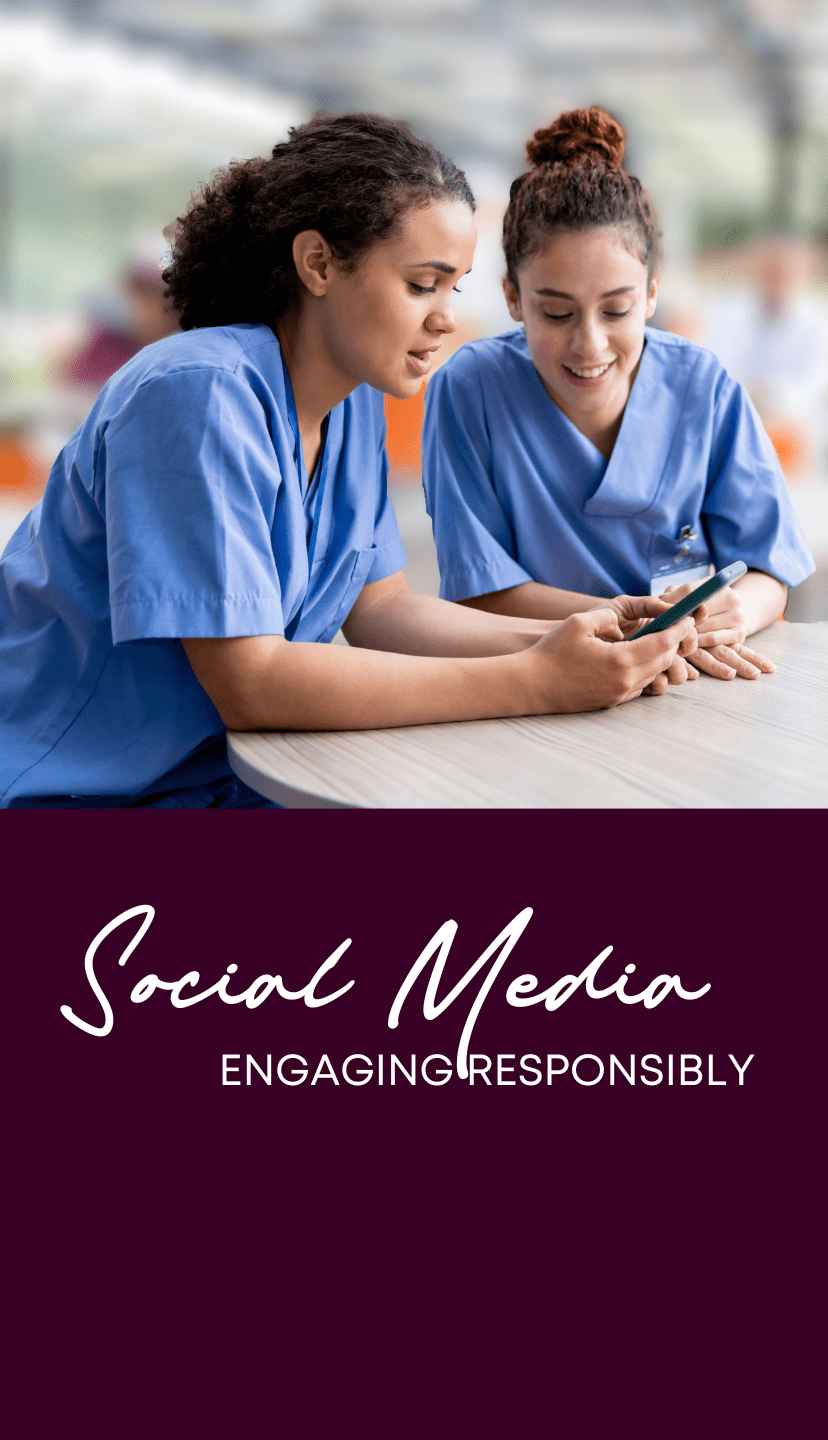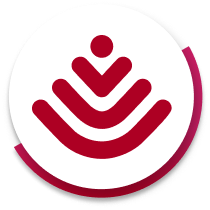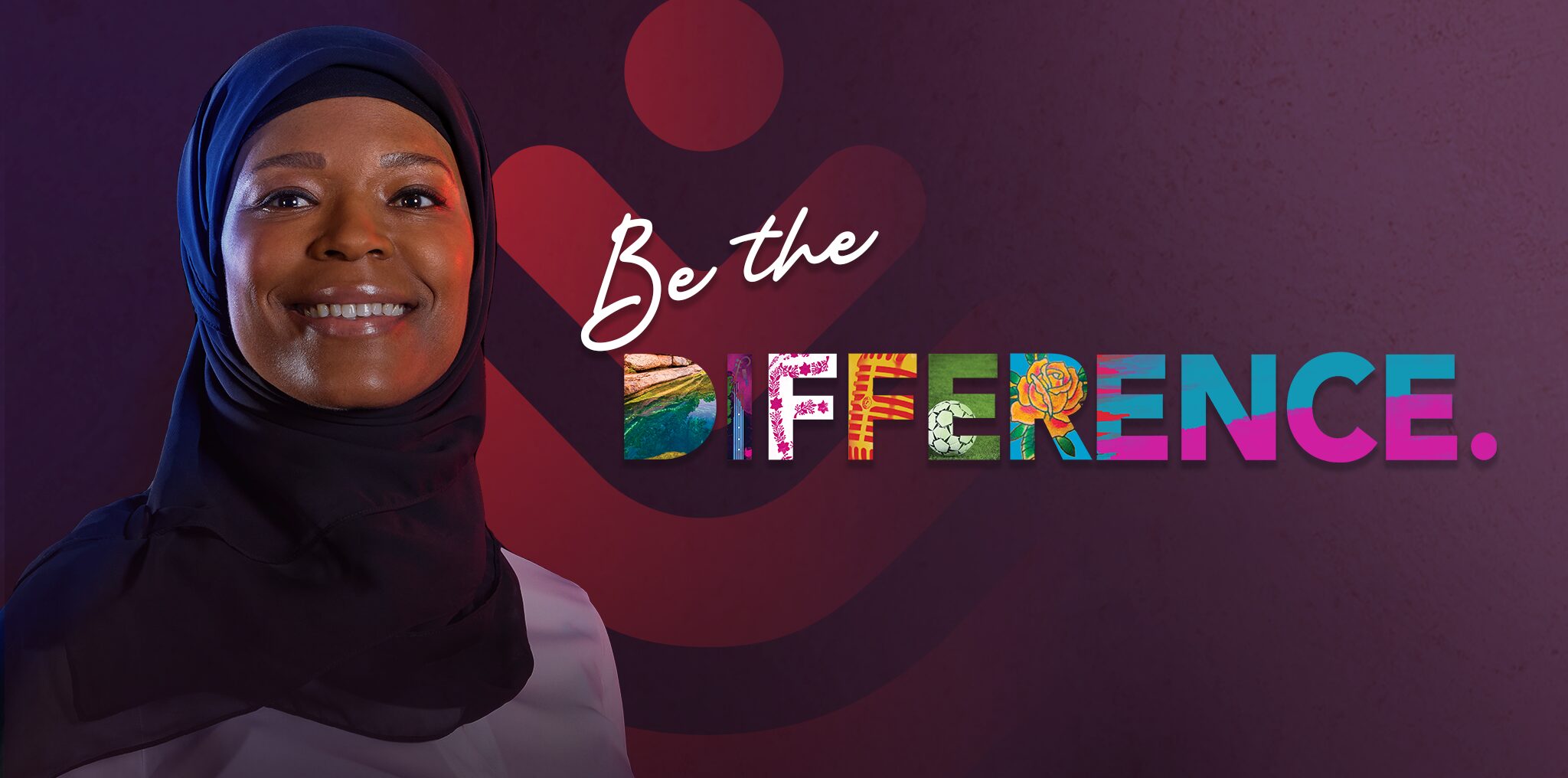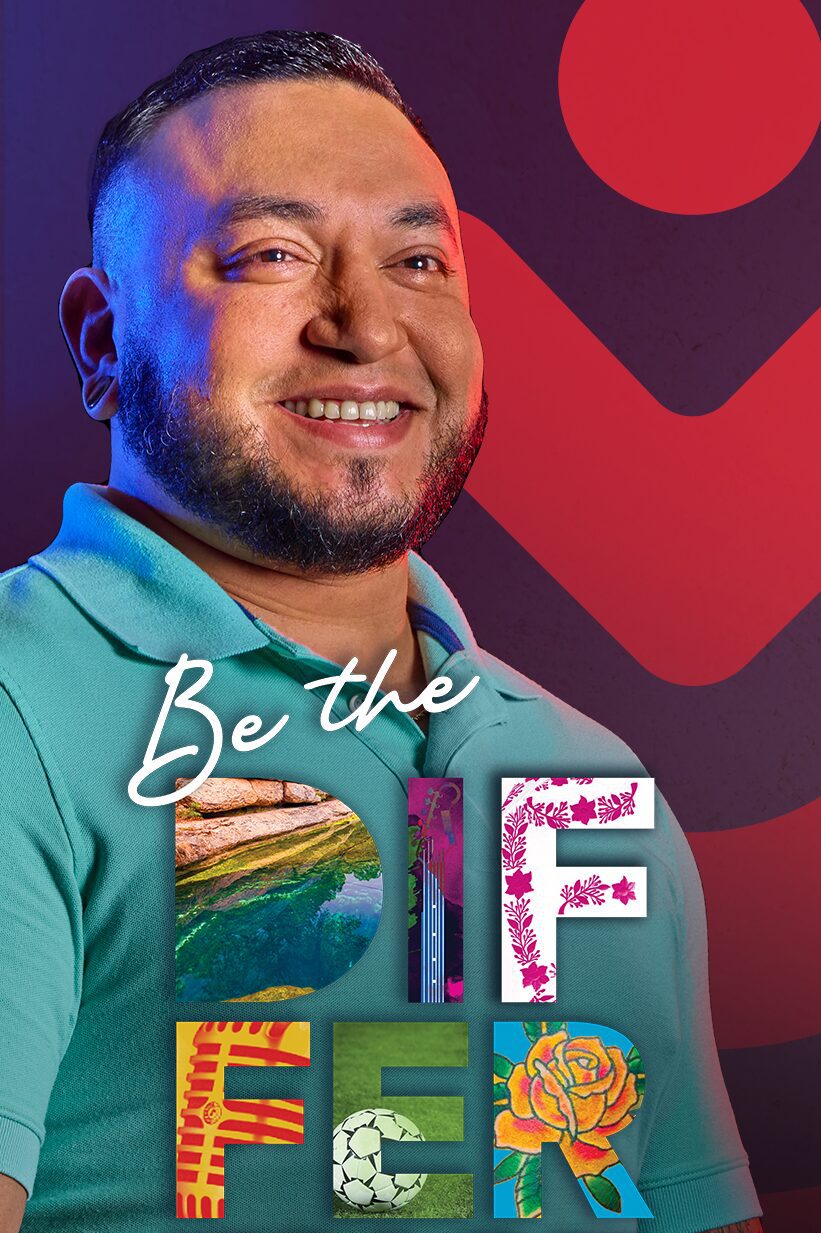For Healthcare Professionals: The Dos and Don’ts of Social Media
In an era dominated by digital engagement, social media has become an integral part of our daily lives. Healthcare workers, too, use social media to interact with their communities, share ideas, and connect with loved ones and causes they care about.
However, social media use in health care requires a delicate balance between connectivity and confidentiality. If you work in health care as a nurse, physician or other healthcare professional, it’s important to know how to use social media in a professional and ethical way. This means understanding what you should and shouldn’t do when you’re online.
The DON’Ts of Healthcare Social Media Use and What to DO Instead
Posting on social media may seem simple, but some people miss important points that could lead to ethical problems. Healthcare professionals hold added levels of responsibility when handling ethics. To help you better navigate social media etiquette, we made a list of common mistakes and gave advice on what to do instead. See what we developed below!
DON’T violate patient confidentiality.
Do not share patient photos without permission and avoid including patient information in the background of shared photos. Respecting patient privacy is paramount, and obtaining permission before sharing any visual content is a non-negotiable rule.
DO prioritize privacy when sharing any patient-related information.
Share your experiences without giving away specific details, whether they are successful or challenging. Always err on the side of caution when it comes to protecting sensitive information.
DON’T post misleading, offensive or inappropriate content.
Whether it is images, language, or opinions, ensure that your content aligns with professional healthcare standards. Check facts before sharing content to avoid spreading misleading or inaccurate information, and be clear about your sources.
DO exercise discretion in your online activities.
Think about how your actions online can affect your professional reputation and how people see the healthcare industry.
DON’T engage in online conflicts or intense debates.
Remember, your online interactions reflect the broader healthcare community.
DO maintain professionalism when connecting with others.
Comment sections can get heated. Respond thoughtfully to comments and messages, ensuring that your interactions are professional and respectful and always be cautious when sharing work-related information.
DON’T make disparaging comments about patients, colleagues, or the healthcare system.
Negative comments can harm your professional reputation and contribute to a negative perception of the healthcare profession.
DO connect with colleagues, join relevant groups, and actively participate in healthcare discussions.
Networking online can lead to valuable professional connections and the exchange of knowledge.
DON’T ignore the social media policies of your organization.
This can lead to disciplinary action.
DO familiarize yourself with organizational policies.
It’s important to follow these guidelines to manage risk and stay within workplace boundaries when using the internet.
DON’T overstep professional boundaries.
This might include disclosing intimate details of your personal life or sharing information that could compromise the trust patients place in you.
DO maintain a balance between your professional and personal presence on social media.
While it is acceptable to highlight aspects of your professional life, be cautious not to overshare. Striking this balance projects a well-rounded professional image and prevents the blurring of lines between personal and professional boundaries.
DON’T disregard feedback from your community.
Whether it is positive or constructive criticism, acknowledge and respond professionally. Use feedback as motivation toward continued excellence or as an opportunity for growth.
DO consult with your peers if you are unsure about a social media post.
It’s always best to double-check before sharing any content that might be questionable.
DON’T neglect ongoing education about social media trends, privacy regulations, and ethical considerations.
The digital landscape evolves, and staying informed is essential for responsible social media use.
DO understand that you are accountable for your actions on social media.
If you make a mistake, address it promptly and professionally. Learn from any missteps and use them as opportunities for improvement. Taking accountability enhances your credibility and reinforces your commitment to ethical conduct.
What Can Healthcare Professionals Post on Social Media Without Violating Policy?
After considering all the dos and don’ts of professional conduct on social media, you may wonder what kinds of content is appropriate for a healthcare professional to post. News channels criticized nursing social media posts for their inappropriate tone during and after the pandemic. People questioned healthcare professionalism and those who posted were left wondering what was appropriate when sharing their work on social platforms.
Below are five ways you might express yourself positively and engage with confidence on social media. It is imperative to exercise these recommendations in accordance with your organization’s policies and guidelines governing social media use.
1. General work statements such as “I love my job at Texas Children’s,” “today was tough” or “we’re having a busy flu season” are acceptable as long as confidentiality of patient information is maintained.
2. Professional achievements and milestones, such as completing a training program or obtaining a certification, deserve to be celebrated!
3. Work gatherings and celebrations are great for social media! Just keep things work-friendly and be cautious of the surroundings you capture.
4. Health and wellness advice, like tips for maintaining a healthy lifestyle or preventative care, is fine to share if they are not tied to specific patient cases.
5. Offer empathy and general condolences in public forums online. Expressions like “get well soon” and “sorry for your loss” are appropriate as long as comments do not indicate a professional or clinical relationship.
The dos and don’ts of social media etiquette for healthcare professionals revolve around maintaining confidentiality, upholding professionalism, and engaging in a positive and informed manner. By adhering to these social media guidelines for healthcare employees, you can leverage the power of social media to contribute positively to the healthcare community while avoiding potential pitfalls that could harm their professional standing. As the digital landscape continues to evolve, healthcare professionals must continuously learn and adapt their social media practices to align with the highest ethical standards.
Stay informed about exciting opportunities at Texas Children’s by following Texas Children’s People on Instagram, Facebook and X (Twitter) and Texas Children’s Hospital on LinkedIn – join our community online and take the next step in your professional journey!

